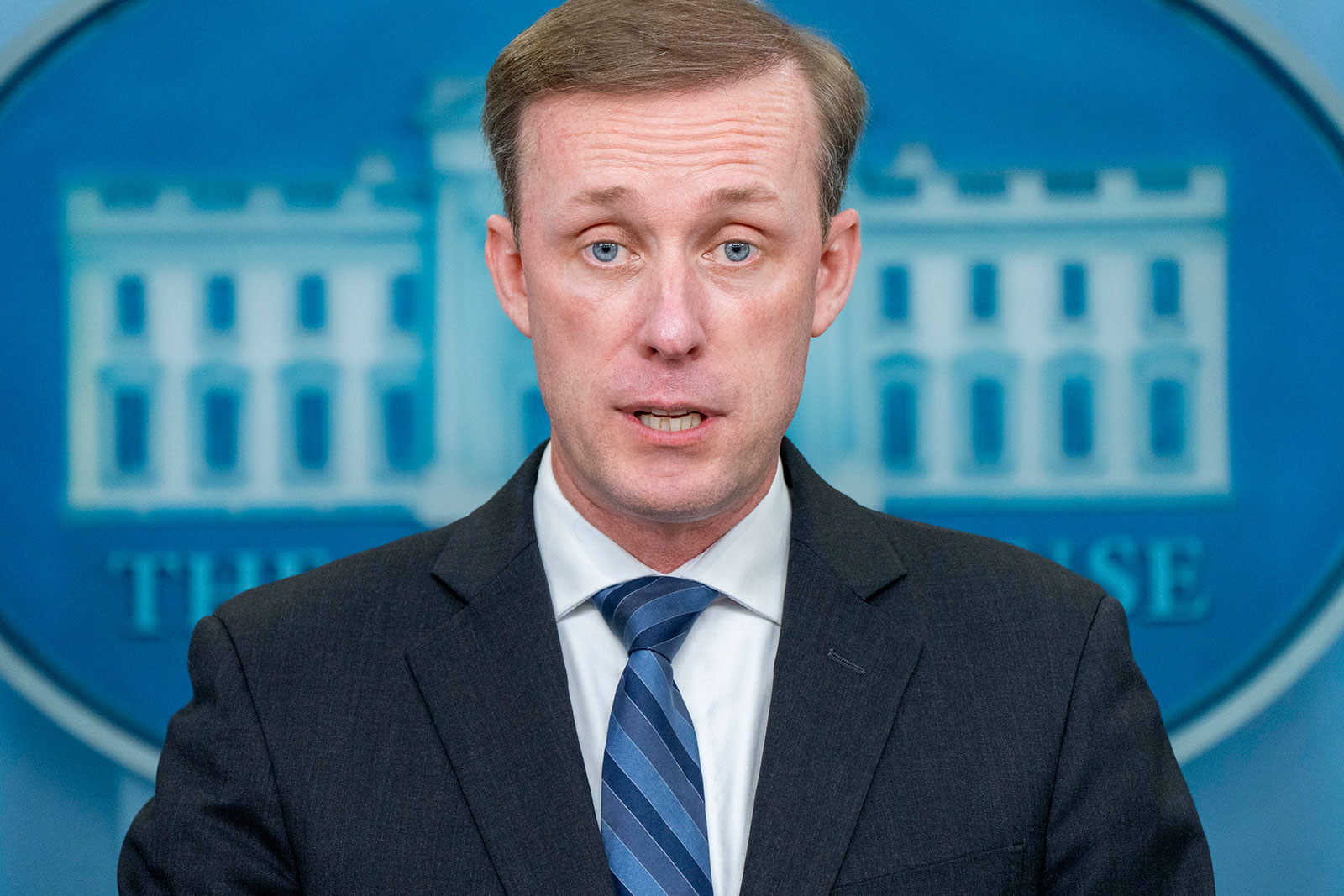US national security adviser says G20 declaration was "powerful" despite stopping short of condemning Russia

US national security adviser Jake Sullivan defended the final declaration from last week's Group of 20 summit, which stopped short of explicitly condemning Russia's invasion of Ukraine.
Sullivan hasn't received “any kind of formal — or really, informal — reaction from Ukraine with respect to the G20 communique,” he said at a briefing Friday.
Rather, the national security adviser said, Ukraine remains focused on engaging with other countries at peace summits — like the ones held this summer in Denmark and Saudi Arabia — where leaders can "find a way forward toward a common understanding of the principles upon which the just peace should be based."
Sullivan said the conversations at those two summits actually "bear a strong resemblance" to the propositions laid out in the G20 communique.
He listed the declaration's four key tenets in regard to Ukraine: “First, the paramount centrality of territorial integrity and sovereignty; second, the statement that it is totally unacceptable for any country to use force to violate the territorial integrity of another country; third, that attacking grain infrastructure and civilian infrastructure should be totally off limits; and fourth, the threat or use of nuclear weapons in a conflict like this should be inadmissible.”
Sullivan pushed back against the idea that the communique was "tepid" in its support for Ukraine, saying those four propositions are "powerful."
Rather than statements of neutrality, he argued, they "really say to Russia, 'What you are doing is not acceptable.'”
What Ukraine said: After news of the declaration emerged, Ukraine’s Foreign Ministry spokesperson Oleg Nikolenko said the G20 had "nothing to be proud of."
“Ukraine is grateful to its partners who tried to include strong wording in the text,” he wrote on Facebook.
“At the same time, the G20 has nothing to be proud of in the part about Russia's aggression against Ukraine. Obviously, the participation of the Ukrainian side would have allowed the participants to better understand the situation. The principle of ‘nothing about Ukraine without Ukraine’ remains as key as ever.
No comments: